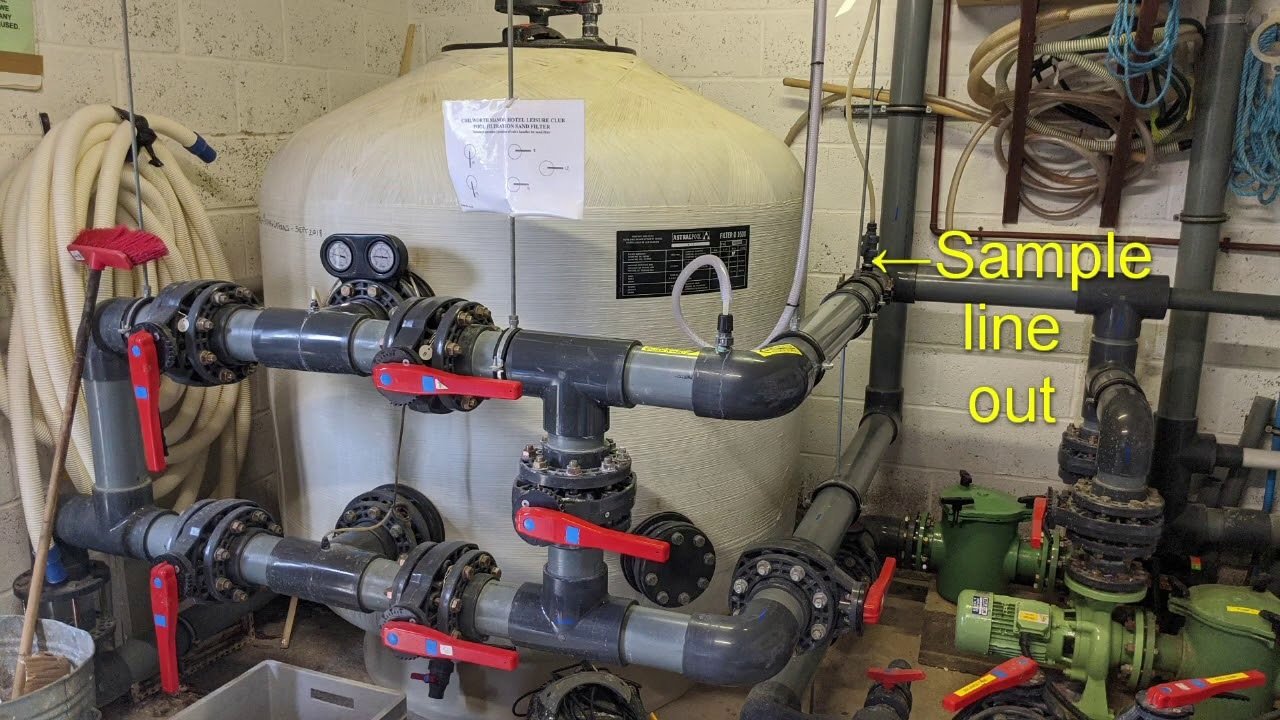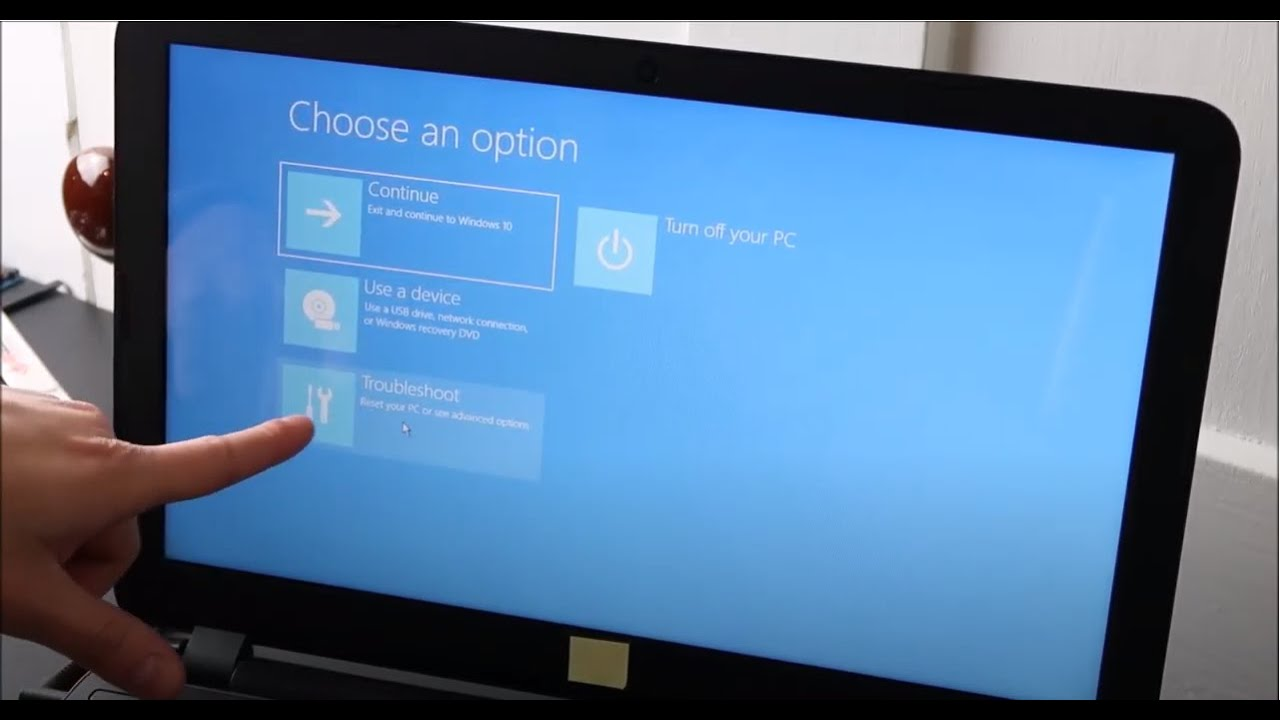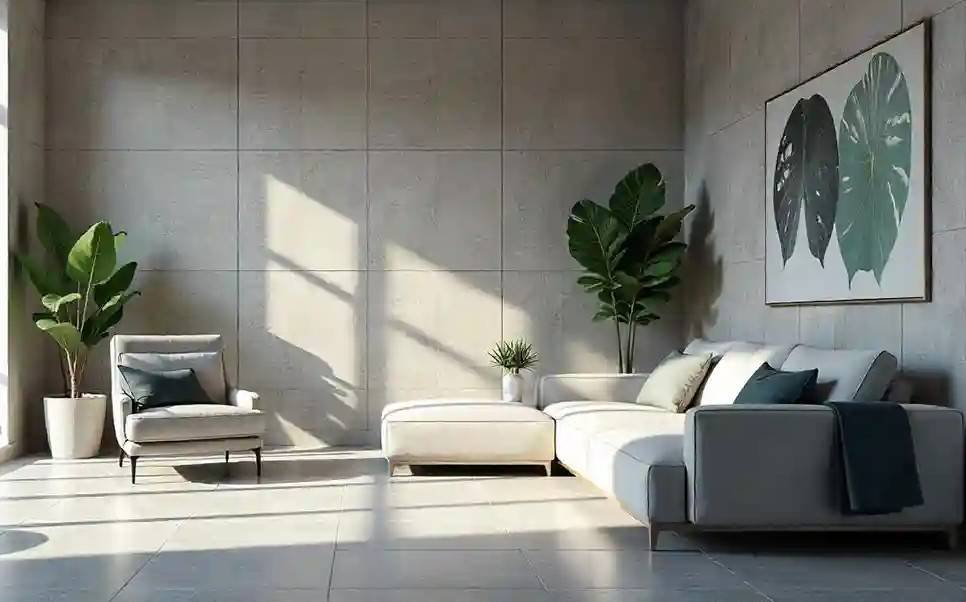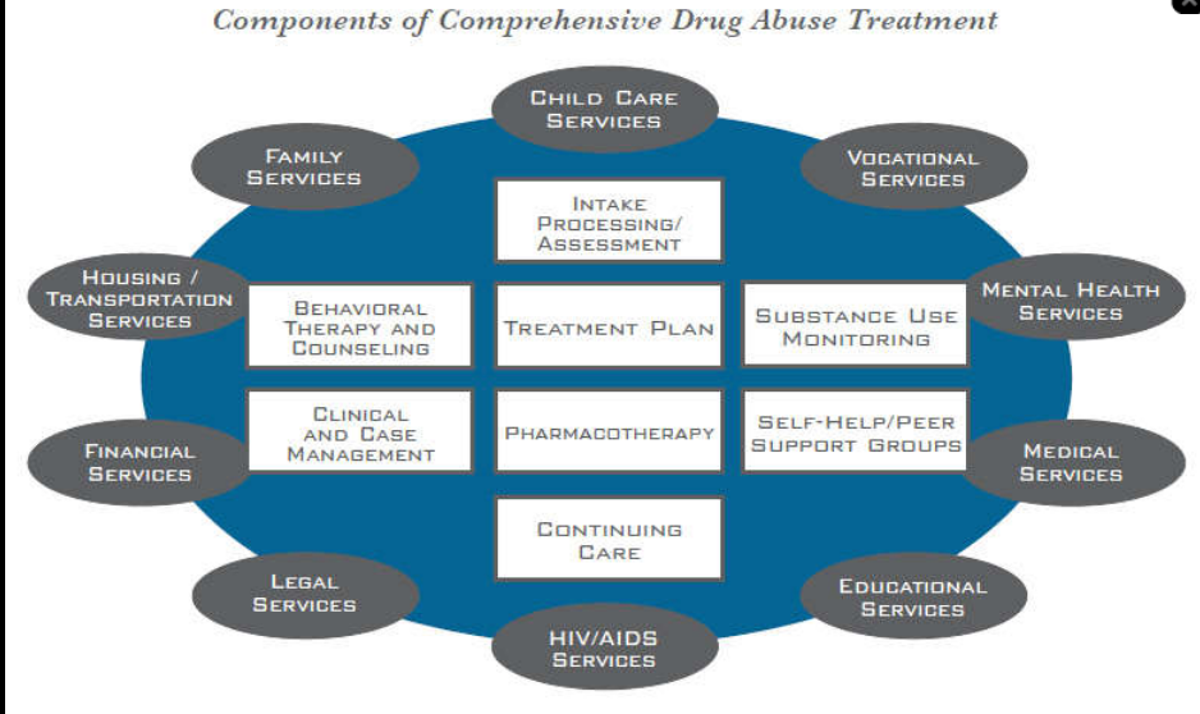
Pool plant rooms, also known as swimming pool plant rooms, are essential to the smooth functioning and maintenance of swimming pools. These specialized areas house the equipment and systems that ensure the cleanliness, safety, and efficient operation of a pool. Whether it’s a public leisure center, hotel pool, or private swimming pool, the plant room is vital in keeping the water safe and pleasant for swimmers.
What is a Pool Plant Room?
A pool plant room is a dedicated space where all the essential machinery and equipment required for a swimming pool’s operation are located. The equipment inside a pool plant room typically includes water pumps, filtration systems, chemical dosing units, heating systems, and ventilation systems. These components work together to maintain water quality, regulate temperature, and manage air circulation around the pool.
Without a properly functioning plant room, the pool would be susceptible to unsafe water conditions, poor hygiene, and uncomfortable temperatures, all of which could lead to health risks for swimmers. For this reason, maintaining the pool plant room is as important as the visible parts of the pool itself.
Components of a Swimming Pool Plant Room
- Filtration Systems: Filtration is one of the most crucial functions of a pool plant room. The filtration system works to remove dirt, debris, and particles from the water. Sand filters, diatomaceous earth (DE) filters, and cartridge filters are commonly used in pool plant rooms. These systems cycle the pool water through a filter media, trapping contaminants and ensuring that only clean water is returned to the pool.
- Water Pumps: The water pump is another key component, responsible for circulating water through the filtration and heating systems. A well-functioning pump keeps the water moving, preventing stagnation and ensuring that all parts of the pool are evenly heated and filtered. Pumps are designed to handle large volumes of water, ensuring proper water turnover and circulation.
- Chemical Dosing and Monitoring Systems: Water chemistry is critical to maintaining safe swimming conditions. Pool water requires precise levels of disinfectants, such as chlorine or bromine, to kill harmful bacteria and algae. The plant room contains chemical dosing units that automatically dispense the right amounts of these chemicals to maintain proper balance. Additionally, sensors and controllers in the plant room monitor pH levels and chlorine concentration, adjusting as needed to maintain safe water quality.
- Heating Systems: For year-round use, most swimming pools require heating systems to maintain a comfortable water temperature. Pool heaters, which can be powered by gas, electricity, or even renewable energy sources like solar panels, are located in the plant room. The plant room may also include heat exchangers and boilers to ensure an efficient and consistent heating process.
- Ventilation and Dehumidification Systems: Proper air quality in indoor pools is essential, as high humidity levels can lead to mold, corrosion, and respiratory issues for pool users. The plant room is typically equipped with ventilation systems and dehumidifiers to manage the air around the pool, maintaining both comfort and safety.
Importance of Pool Plant Rooms
- Water Quality and Safety: The most important function of a pool plant room is maintaining water quality. Proper filtration, chemical balance, and circulation are essential for keeping pool water free from harmful bacteria, viruses, and other contaminants. A well-maintained plant room ensures the water is safe for swimmers by preventing issues like cloudy water, algae growth, and infections caused by poorly sanitized water.
- Energy Efficiency: Modern pool plant rooms are designed with energy efficiency in mind. Heating and circulating pool water requires a significant amount of energy, and plant rooms are often equipped with energy-efficient pumps, filters, and heating systems to reduce costs. Some plant rooms also include renewable energy sources, like solar heating systems, to further reduce the pool’s environmental footprint.
- Longevity of Pool Equipment: A well-maintained plant room helps extend the life of the pool equipment. Regular servicing of pumps, filters, and chemical dosing units prevents breakdowns and ensures that the systems continue to operate efficiently. This also reduces the likelihood of costly repairs and extends the overall lifespan of the swimming pool and its infrastructure.
- Compliance with Health and Safety Regulations: Pool plant rooms are integral in ensuring that pools comply with health and safety regulations. Public pools in the UK, for example, must meet standards set by regulatory bodies such as the Health and Safety Executive (HSE) and local authorities. These regulations require proper water quality management, chemical dosing, and maintenance, all of which rely on the systems in the plant room.
Maintenance of Pool Plant Rooms
Regular maintenance of pool plant rooms is essential to prevent system malfunctions, water contamination, and energy inefficiency. Pool operators should conduct routine inspections of the pumps, filters, and chemical dosing units, ensuring that all equipment is functioning correctly. Regular water testing, monitoring of chemical levels, and servicing of heaters and ventilation systems are also vital to the continued operation of the pool.
Neglecting plant room maintenance can lead to a range of issues, from equipment failure to unsafe swimming conditions. In public or commercial pools, the closure of a pool due to plant room problems can lead to loss of revenue and dissatisfaction among users.
Conclusion
Pool plant rooms are the unsung heroes of swimming pool operations, housing the essential systems that keep the water clean, safe, and comfortable. From filtration and heating to chemical dosing and ventilation, the plant room is critical to the smooth functioning of any pool. Regular maintenance and upgrades to modern, energy-efficient equipment ensure that the plant room continues to support the pool’s operation, providing swimmers with a safe and enjoyable environment.
Check out Chemsol for more information.







